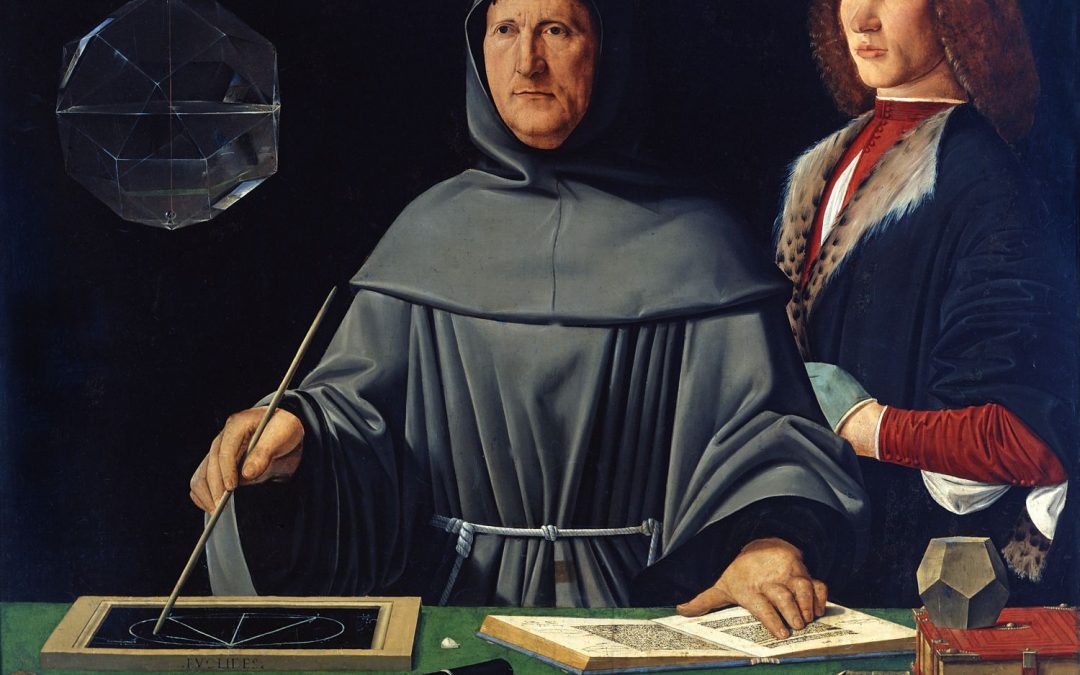Accounting is an important aspect of our daily society. Finances, bookkeeping, taxes and the like all fall under our industry’s wheelhouse. And to many, it is not a particularly exciting or thrilling industry, but it is a crucial part of life. And in today’s hectic, digital and social media-infused society, we can sometimes get so focused on the future and what is going to happen next instead of remembering the past and seeing how things came to be.
Here are a few important moments in accounting’s history.
Luca Pacioli: The Father of Modern Accounting
Human beings have had, for the most part, ways of keeping track of records ever since 2,500 B.C.E. Egyptian, Roman and Greek civilizations typically kept very rudimentary records of finances which progressed greatly through the years. Then, in 1494, a man by the name of Luca Pacioli changed the course of accounting history. An incredibly intelligent Renaissance Man, Pacioli wrote and published his masterpiece, “Summa de Arithmetica, Geometria, Proportioni et Proportionalita” (Everything About Arithmetic, Geometry and Proportion), which dealt with a variety of topics, most importantly bookkeeping. The chapter Particularis de computis et scripturis dealt exclusively with the system of double-entry bookkeeping, balance sheets and trial balances. While it is important to note that Pacioli did not invent these techniques and practices, he was the first to publish writing on it, which allowed it to permeate throughout the area. Many refer to him as the “Father of Accounting.”
The Industrial Revolution and the AICPA
While the bookkeeping concepts described by Pacioli were taken and grown throughout the years, the Industrial Revolution developed those concepts even further. Because the Industrial Revolution created such a spike in the number of businesses and production of products, companies needed strong and streamlined methods of bookkeeping. During this time, the American Association of Public Accountants was formed in 1887. Then, in 1916, the Association underwent the first of several name changes, becoming the Institute of Public Accountants, followed by the American Institute of Accountants in 1917, and finally settling on the American Institute of Certified Public Accountants in 1957.
The FASB
In 1973 the Financial Accounting Standards Board was formed. As the governing body that creates and implements financial accounting and reporting standards, the FASB is an incredibly important contributor to the accounting industry. The Securities and Exchange Commission even acknowledges the FASB’s importance as the standard for financial accounting for public companies. Essentially, the FASB took over the responsibilities of the AICPA as the industry’s standard setter, and the board is currently one of the most important organizations in the entirety of the United States accounting industry.

